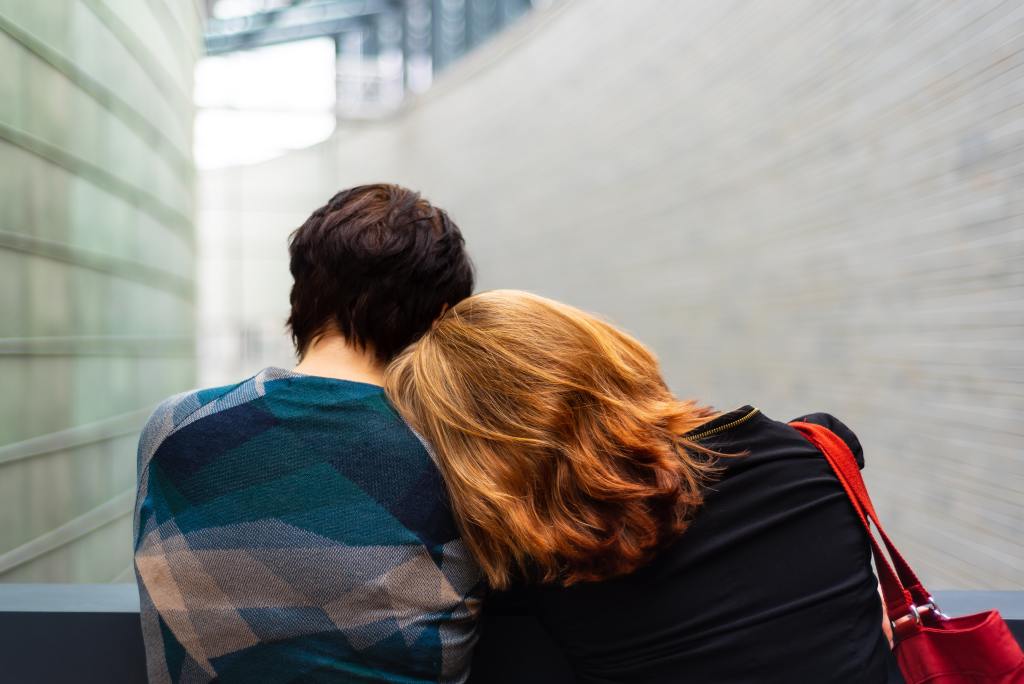Does Your Loved One Have PTSD?: Tips about how to Develop Your Relationship

About eight million adults have Post-Traumatic Stress Disorder (PTSD) in the United States alone. For every 100 people, 7 or 8 will have PTSD at some point in their lives. According to these statistics, you’ve probably met several people with PTSD, many ranging in severity. As a result, it is important to know how to understand and contact an individual who has PTSD, especially when attempting to develop a relationship with them.
What To Be Aware Of
First, you should understand some things which are difficult for people with PTSD. Including; having problems with intimacy, feeling detached from others, and not feeling relaxed when at home. So don’t take it personally if you experience a few of these traits out of your family member, it can’t be helped and it'll take time to allow them to redevelop certain emotional skills.
When attempting to construct your relationship, there are some stuff that should be avoided; not being overly sympathetic, being codependent, and feeling responsible for the problem or even the pace of the loved one’s healing. Instead, encourage social interaction within non-triggering gatherings where they are able to develop an understanding support system. It's also vital that you give a safe environment where they may be open using their feelings, and develop methods to relax and loosen up around people.
Managing Triggers
A trigger for someone with PTSD could be a large number of things. Some examples are:
- sounds, sights, or smells
- a specific date or time
- locations
- nature: certain kinds of weather
- negative news events
Any of these can cause a panic attack or flashback for someone with PTSD. It is important to speak to your loved one and determine an agenda when confronted with a trigger. A few ways to calm someone down who's experiencing a panic attack or flashback is by:
- Encouraging them to take deep, slow breaths. When they hyperventilate, it'll improve their feeling of panic.
- Tell the one you love they're having a flashback and that though it feels real, the big event is not actually happening again.
- Help remind them of their surroundings – ask them to browse around and describe the things they see.
Make Certain to Also Take Care Of Yourself
One thing I'm able to say without a doubt is you must never let someone’s PTSD dominate your life. When helping someone else, it is important to not forget about your own self-care. If you get lost while trying to help someone else out, you'll be able to develop secondary trauma when consistently hearing traumatic stories or witnessing someone have flashbacks and panic attacks.
- Take care of your physical needs(get enough sleep, exercise, and eat properly).
- Have your own support team: it’s important to ensure your feelings will also be talked about with someone trusted.
- Spread the responsibility: if available, ask friends and family members for assistance so that you can have a mental break.
Conclusion
People with PTSD aren't damaged, which is important to make sure that you don’t behave in a way that makes it seem like they're. There's a high chance that nearly everybody in the Usa is comparatively close to someone who has PTSD. Understanding their triggers and inspiring socialization are methods to assist someone you love deal with the trauma they have endured. Also, make sure to not allow you to ultimately be engulfed in someone else’s trauma as you make an effort to enable them to grow like a person. It's a team effort with no one should sacrifice their own mental health so that they can elevate someone else’s mental health.

